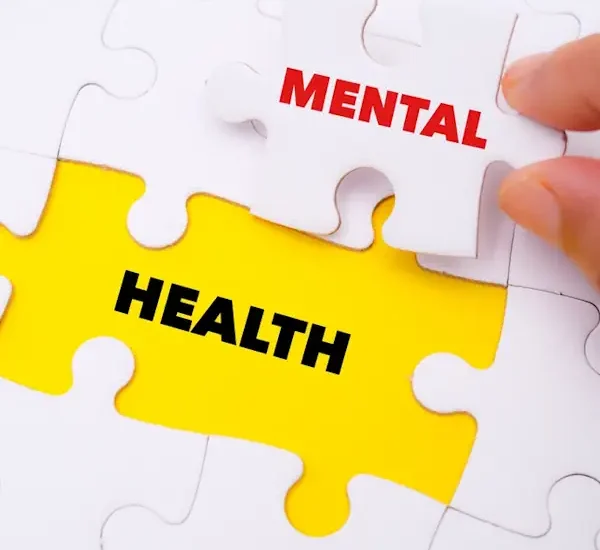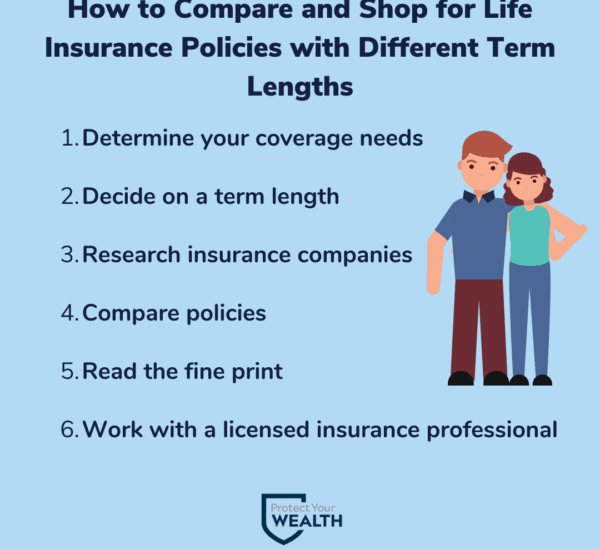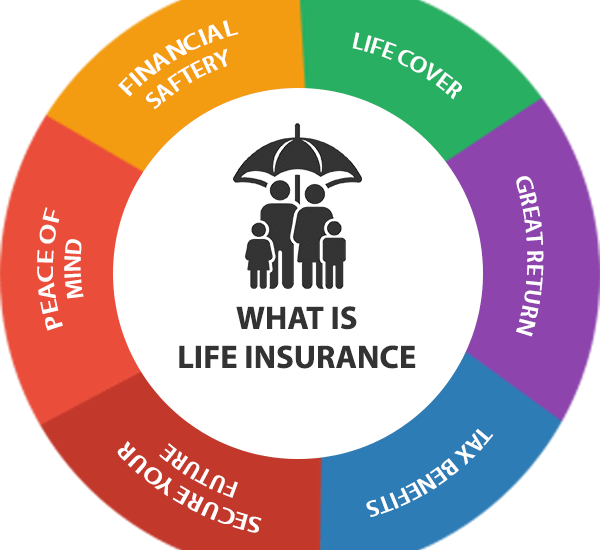Facing criminal charges in Florida can feel overwhelming, but you don’t have to navigate this alone. Understanding your rights, the legal system, and the distinctions between misdemeanors and felonies is critical. This guide is here to help you find the best lawyer in Florida, empowering you with the knowledge and support needed to confidently handle your case.
Toc
The criminal justice system in Florida can be complex, but understanding its structure can help you feel more prepared. Knowing how the courts work and the rights you’re entitled to ensures you’re better equipped to make informed decisions.

Overview of Florida’s Court System
Florida’s legal system is divided into state and federal courts. Most criminal cases fall under the jurisdiction of state courts, which include county courts, circuit courts, and the Florida Supreme Court. Federal courts handle crimes that violate federal law. Each court has its own role in the system, so understanding where your case will be heard is key to finding the right legal representation.
State Attorneys vs. Public Defenders
A critical element of Florida’s justice system is the difference between state attorneys and public defenders. State attorneys prosecute cases, often with significant resources at their disposal. Public defenders, while skilled and dedicated, may handle a high volume of cases, which can limit the amount of time they can dedicate to each client. Knowing this distinction will help you make an informed decision about your legal representation options.
Misdemeanors vs. Felonies
Understanding the difference between misdemeanors and felonies is essential. Misdemeanors are less serious offenses, often resulting in fines or shorter jail sentences. Felonies, however, are more severe and can lead to lengthy prison terms and substantial fines. These charges can have lasting consequences on your personal and professional life, making it even more important to have strong legal support.
Know Your Rights
As a defendant, you have fundamental rights under Florida law, including your Miranda rights and the right to legal counsel. If you are arrested, law enforcement must inform you of these rights before questioning. Knowing and asserting your rights is critical to protecting yourself throughout the legal process.
The Plea Bargaining Process
Plea bargaining is a common practice in Florida, allowing defendants to negotiate with prosecutors to reduce charges or sentences. While a plea deal can sometimes be a favorable option, it’s important to consult with your attorney to fully understand the implications before making a decision.
This guide is designed to reassure and inform, providing you with the tools and knowledge to navigate Florida’s legal system. With the right support and representation, you can face this challenge head-on, knowing you’re taking the right steps to protect your future.
Finding Qualified Criminal Lawyers in Florida
Choosing the right criminal lawyer in Florida can feel overwhelming, but with the right approach, you can find an attorney who will effectively advocate for you. Here’s a guide to help you identify qualified professionals who can represent your interests with confidence and care.

A. Online Resources
The internet is a powerful tool for finding a lawyer, but it’s important to use it wisely. Online directories and lawyer referral services can help you identify candidates, but take online reviews with caution—they may not always give a complete picture of an attorney’s abilities.
The Florida Bar website is an excellent starting point. It allows you to verify an attorney’s credentials and check for any disciplinary actions, giving you peace of mind. You can also contact The Florida Bar at 850-561-5600 for guidance, ensuring you’re connecting with reputable criminal lawyers in Florida.
Websites like Avvo and Martindale-Hubbell provide ratings and reviews for legal professionals, which can be helpful, but remember that these ratings are subjective. They may not fully reflect an attorney’s skill or experience in specific areas of criminal law.
B. Networking and Referrals
Trusted recommendations can be incredibly helpful when searching for legal representation. Speak to family, friends, or community leaders who have experience working with criminal defense attorneys. Additionally, professionals such as social workers or bail bondsmen often have connections to experienced lawyers and can provide valuable referrals.
C. County-Specific Bar Associations
Many counties in Florida have local bar associations that provide resources and referrals for legal services. Organizations like the Broward County Bar Association or the Miami-Dade Bar can connect you with attorneys who specialize in criminal defense. These associations also offer insight into local attorneys’ reputations and areas of expertise, helping you make an informed decision.
D. Specialty Certifications
Look for attorneys who are board certified in criminal law by the Florida Bar. This certification demonstrates that the lawyer has met rigorous standards of experience and knowledge in criminal law. Additionally, certifications in areas like DUI defense or juvenile law can indicate specialized expertise that may benefit your case.
Evaluating Potential Criminal Defense Lawyers
Once you’ve identified potential candidates, the next step is to evaluate their qualifications and determine if they’re the right fit for your needs.
A. Assessing Qualifications and Experience
Consider the attorney’s experience and track record with cases similar to yours. While some lawyers may highlight high-profile cases, it’s important to focus on their success in achieving positive outcomes for clients in situations like yours.
Specialization is key. For instance, an attorney who primarily handles drug offenses might not be the best fit for a theft case. Always check the Florida Bar website for any disciplinary actions or complaints to ensure you’re hiring a reputable professional.
B. Communication and Client Relations
Clear and effective communication is essential in building a strong attorney-client relationship. During your initial consultations, pay attention to how well the lawyer listens to your concerns and explains complex legal concepts. A patient and responsive attorney who makes you feel heard and supported is more likely to provide compassionate, effective representation.
C. Understanding Fees and Payment Structures
Before hiring an attorney, it’s important to have a clear understanding of their fees and payment options. Lawyers may charge hourly rates, flat fees, or work on a contingency basis, depending on the case. Ask about payment plans or flexible options to ensure the financial aspect is manageable. Transparency about costs will help you avoid surprises and plan accordingly.
Leveraging Resources and Addressing Concerns
Finding the right criminal lawyer can feel overwhelming, but with careful research and thoughtful evaluation, you can make a confident and informed choice. Your lawyer should not only be highly skilled and experienced but also someone who offers understanding and support during this stressful time. A qualified and compassionate attorney can serve as a crucial ally, guiding you through the legal process with confidence and care.
Many criminal defense attorneys in Florida provide free consultations, offering you the chance to evaluate their suitability for your case without commitment.
Preparing for Your Consultation
To make the most of your free consultation, take time to organize important documents and create a list of questions to discuss with the attorney. This preparation will help you clearly present your situation and assess the lawyer’s expertise in addressing your unique concerns.
Resources for Financial Assistance
If legal fees feel out of reach, there are resources available to help. Public defenders and legal aid organizations are excellent options for those with financial constraints. Research local organizations that specialize in providing assistance to ensure you’re supported throughout the legal process.
Addressing Common Concerns in Your Search
As you explore your options for a criminal defense attorney, it’s natural to have questions or encounter misconceptions that could influence your decision-making process. Understanding these concerns can help you make a more informed choice and find representation that meets your specific needs.
A. Understanding “Top 10 Lawyers in Florida” Lists
Lists of the Top 10 Lawyers in Florida may initially seem like a helpful resource when beginning your search. However, it’s important to approach these rankings with caution. Many of these lists are based on subjective criteria, marketing efforts, or popularity rather than the actual legal outcomes attorneys achieve. While they can serve as a starting point to identify lawyers with a strong presence or reputation, don’t rely solely on these lists.
Instead, dive deeper into each attorney’s background, experience, and case history to determine if they specialize in criminal defense and have handled cases similar to yours. Personal recommendations or online reviews from past clients can also provide valuable insights into their effectiveness and approach. Remember, the best lawyer for your case is one whose expertise aligns directly with your situation.
B. The Truth About the “Richest Lawyers in Florida”
It’s easy to assume that an attorney’s financial success speaks to their skill or capability. However, the truth is that being one of the “richest lawyers in Florida” doesn’t necessarily mean they’re the best choice for your case. High fees or financial success often stem from factors like celebrity representation, high-profile cases, or business acumen, which don’t always correlate with their ability to handle your specific legal needs.
When evaluating an attorney, look beyond their financial status and focus on factors like their experience, specialization in criminal defense, and track record in achieving favorable outcomes. Your comfort level with the attorney, their communication style, and their commitment to your case should be prioritized over their wealth or hourly rates. Remember, an effective attorney is one who is prepared to advocate for you, regardless of their financial status.
C. Considering Lawyer Salary Information in Florida
The salaries for criminal defense attorneys in Florida can vary widely depending on their level of experience, the complexity of the cases they handle, and their location. Attorneys in larger cities may command higher fees compared to those in smaller towns due to higher demand and cost of living.
While it can be helpful to understand general salary ranges for context, it’s more important to focus on the value and quality of the services being offered. A higher fee doesn’t always guarantee better representation, and a lower fee doesn’t necessarily mean subpar service. Take time to discuss fees clearly during an initial consultation to ensure you understand what’s included, whether it’s hourly billing or a flat rate, and if there are any potential additional costs. Ultimately, finding a lawyer who provides excellent value and aligns with your budget is key.
D. The Importance of Due Diligence
Selecting the right attorney is a critical decision, and conducting thorough research is essential to making the best choice. Don’t rush the process—spend time reading reviews, verifying credentials, and understanding their area of expertise.
Meeting with potential attorneys is another crucial step. Many lawyers offer free consultations, which provide an opportunity to discuss your case, ask questions, and evaluate their approach. Use this time to assess whether you feel comfortable and confident in their ability to represent you. Pay attention to their communication skills, willingness to explain your options, and overall attitude toward your case.
Additionally, reaching out to local bar associations or legal aid organizations can offer helpful resources or referrals to attorneys with strong reputations in criminal defense. The effort you put into due diligence now can lead to a more successful legal outcome later.
Conclusion
Choosing the best lawyer in Florida is a crucial step for anyone facing the challenges of a criminal case. Navigating the complexities of the legal system can feel overwhelming, but by educating yourself on Florida’s criminal justice system and carefully evaluating potential attorneys, you can approach this process with greater confidence and clarity. Tools like online reviews, bar associations, and legal aid organizations can be invaluable resources in your search.
Above all, it’s important to prioritize your needs and sense of trust during this process. A qualified attorney should bring not only the expertise and experience needed to handle your case effectively but also a commitment to understanding and supporting you. Take the time to ask detailed questions, review their credentials, and ensure their specialization aligns with your unique circumstances.
Finding the right attorney isn’t just about legal representation—it’s about securing an advocate who will protect your rights and guide you toward the best possible outcome. Begin your search today with a thoughtful plan, and move forward knowing you’re taking the vital steps to ensure you’re in capable and compassionate hands.










